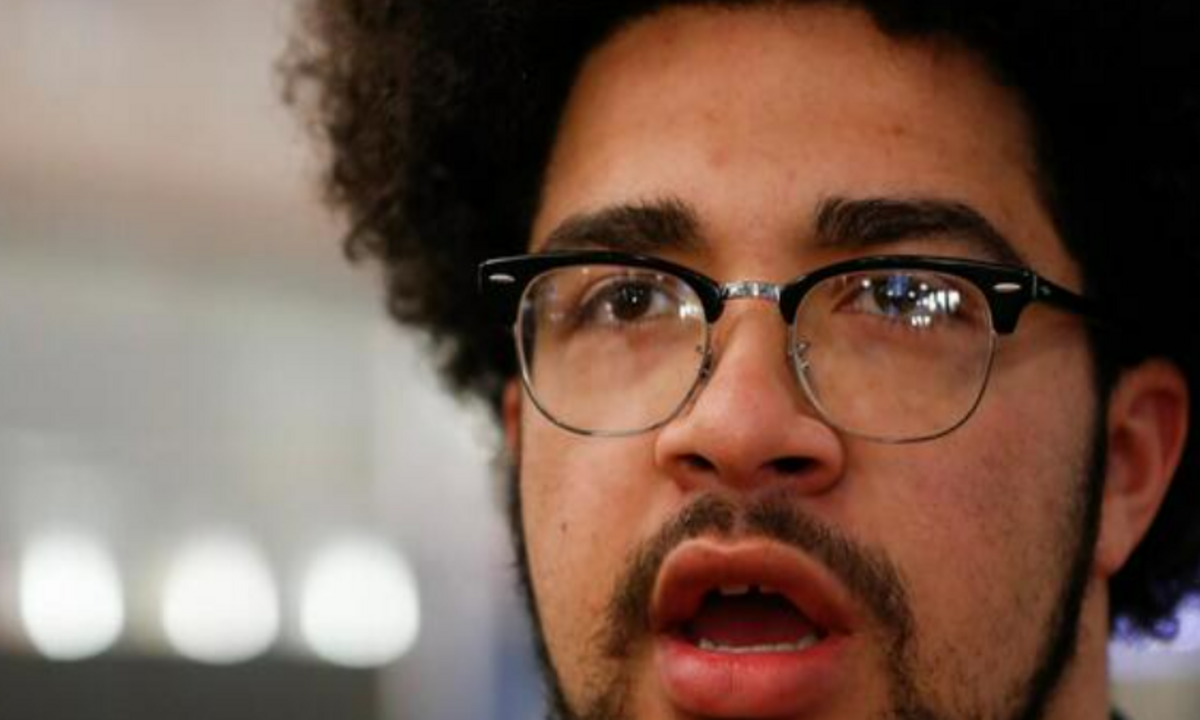A new bill in the Indiana Senate, Senate Bill 235 (SB 235), is gaining momentum as lawmakers move to restrict diversity, equity, and inclusion (DEI) programs in state-funded institutions.
If passed, the bill would prohibit state agencies, public universities, and recipients of state contracts from implementing or funding DEI-related initiatives. This proposal has sparked intense debate, with supporters arguing that it ensures fairness and critics warning that it could undermine cultural centers and student support services.
Legislative Background
SB 235 is part of a broader effort by Indiana legislators to reshape the policies surrounding diversity and inclusion in education. The bill’s language specifically targets programs that:
Promote diversity-related training sessions
Allocate funding for DEI offices and initiatives
Consider race, gender, or ethnicity in hiring and admissions processes
Implement social justice-focused curricula in classrooms
Supporters of the bill claim that eliminating DEI offices would prevent discrimination based on race or gender and ensure that public institutions operate on principles of merit. They argue that taxpayer money should not be used to fund programs that they believe promote ideological viewpoints.
However, opponents of SB 235, including many students, faculty members, and advocacy groups, argue that eliminating DEI programs will have significant negative consequences. They warn that the bill could:
Lead to the closure of cultural centers that provide safe spaces for minority students
Reduce educational resources aimed at underrepresented groups
Discourage diverse faculty and student recruitment
Hinder discussions on social justice and inclusion in higher education
Student Response at Purdue University
One of the most vocal opponents of SB 235 is Jaekwon Akins, a 20-year-old sophomore at Purdue University, who launched an online petition to protect the university’s cultural centers. His petition has already gained over 1,000 signatures, showing strong support from students and faculty members who fear the bill’s impact on campus life.
Akins emphasizes that Purdue’s cultural centers, including the Black Cultural Center and Latino Cultural Center, provide essential resources for students from diverse backgrounds. These centers offer mentorship programs, academic support, and a sense of belonging for students who might otherwise feel isolated in a predominantly white institution.
“If this bill passes, we don’t know exactly how it will affect our campus,” Akins stated. “But if we wait until after it’s passed to take action, it might be too late.”
Broader Implications
The push for SB 235 aligns with a growing national movement to curtail DEI initiatives. Similar bills have been introduced in states like Florida, Texas, and Tennessee, reflecting a broader political debate over the role of diversity programs in public institutions.
Organizations like PEN America have criticized these legislative efforts, arguing that they could stifle academic freedom and create a chilling effect on discussions about race, gender, and inclusion. Opponents also point to studies that highlight the benefits of DEI programs, such as improved student retention rates, higher graduation rates for minority students, and better preparation for the modern workforce.
Current Status of the Bill
As of early February 2025, SB 235 has passed its initial committee hearings and is now headed to the full Indiana Senate for further debate. The bill’s future remains uncertain, but its advancement has already sparked protests and rallies on college campuses across the state.
What’s Next?
If SB 235 passes the Senate, it will move to the Indiana House for consideration. Governor Eric Holcomb has not yet stated whether he would sign the bill into law, but his administration has indicated that it is closely monitoring the legislation.
In the meantime, students, faculty, and community activists continue to voice their concerns, urging lawmakers to consider the potential impact on Indiana’s educational institutions. The outcome of this debate could have lasting effects on how universities approach diversity, equity, and inclusion in the years to come.
Conclusion
The proposed legislation represents a turning point for DEI initiatives in Indiana’s public universities. While supporters argue that SB 235 will eliminate unfair advantages and ensure equal treatment for all students, opponents fear that it will dismantle vital support systems for underrepresented groups. As lawmakers prepare to vote on the bill, the future of diversity programs in Indiana remains uncertain, but the voices advocating for their preservation are growing louder.


